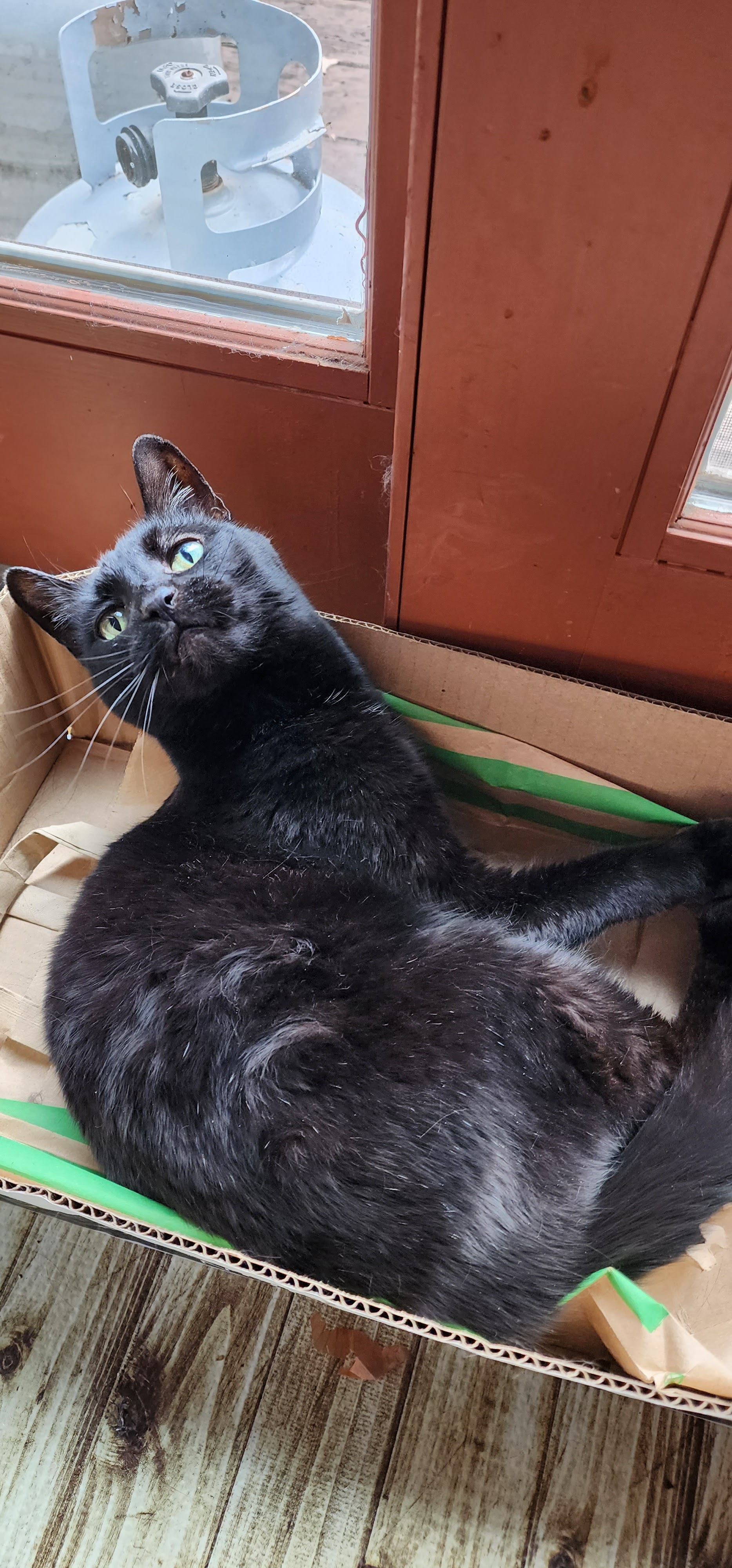They’re definitely gonna go after the wayback machine next, because what use is there in controlling social media and deleting what bothers them, if there’s freely accessible records of it somewhere else?
The archive needs to be protected at all costs.
The archive needs to be decentralized. It must become immortal by ascending into the network itself.
AGreed
"sound recordings without authorization, neither Plaintiffs nor their artists see a dime. Not only does this harm Plaintiffs and the artists or their heirs by depriving them of compensation, but it undermines the value of music.”
Heirs? What is this, a medieval royal court? No one should see a dime from selling copies of a work created by someone who isn’t even alive. Their “heirs” should have to make their own contributions to society if they want to be rewarded with wealth, just like the rest of us.
It’s the single most awesome website that exists, and of course people want to take it down. These ghouls will stop at nothing
Read all through that article, then all through the comments, to find a donation link. There wasn’t one so link for the lazy - https://archive.org/donate/
Imdoingmypart.jpeg
I still don’t understand why IA picked a fight with publishers with the emergency library.
IA provides a really valuable service and they’re an incredibly juicy target. Going on anti-copyright crusades isn’t their mission.
1,000 words just to say “the Library of Congress should acquire the Internet Archive.” Not a bad idea, but man. Sometimes your bosses are really pushy about the wordcount, eh, Lance?
Not a good idea for three reasons:
- the assumption that this will stop lawsuits is very generous, especially when we consider that there are other countries than the US that have lawyers and IP too
- putting such an important task in the hands of a government that might be controlled by whatever extremist possible in the future is a bad idea; who controls the past, controls the future and parties could delete parts of the past at their will
- a less dystopian thought: future governments might simply cut the funding or restrict the archive to US content only because “why shouod they pay for other contries’ history?”
A legislative approach that protects what the archive does would be a much more reasonable approach.
who controls the past, controls the future
I think the more relevant bit here is that whoever controls the present, controls the past.
Very fair point, that nails it, thank you!
Overall I agree with you: the government is not trustable to own and manage this service and especially all of the data itself.
I think legislative protection for this function is a good thing, to create a legal protected space for it to operate, while still having it actually operated by the private sector.
The ideal solution, IMO, is for the service to be decentralized onto a blockchain or some other kind of decentralized data store, and have a variable number of nodes running it in a redundant manner so that no single node’s loss leads to loss of data or the service itself.
This is a universal good, one I’d be happy to help “pay for” in the form of dedicating computing resources to it.
IMO all the functions of democracy (including in this case the maintenance of historical memory) should ideally be decentralized enough to be immune to attack by any organization up to and including armies.
Except for blockchain as a technology, I agree with you; decentralization and thus democratization of all these things would be best!
What if the internet archives, instead of a single site, was a bunch of federated instances sharing content with each other like fediverse?
I am of course very ignorant to how internet archives actually works, and not very tech savy, but would something like I’m suggesting be theoretically possible?
Yeah that was my first thought too. That seems like a way better idea than just entrusting it to the Library of Congress as the article suggests. For one thing, the internet archive isn’t just American stuff. For another, there’s no way the government won’t just bend over backwards as soon as a big corporation asks it to. Thirdly, it seems like a much better idea to keep it decentralized and to keep the corporations playing whack-a-mole with it than to just keep giving them one big, static target to aim at.







